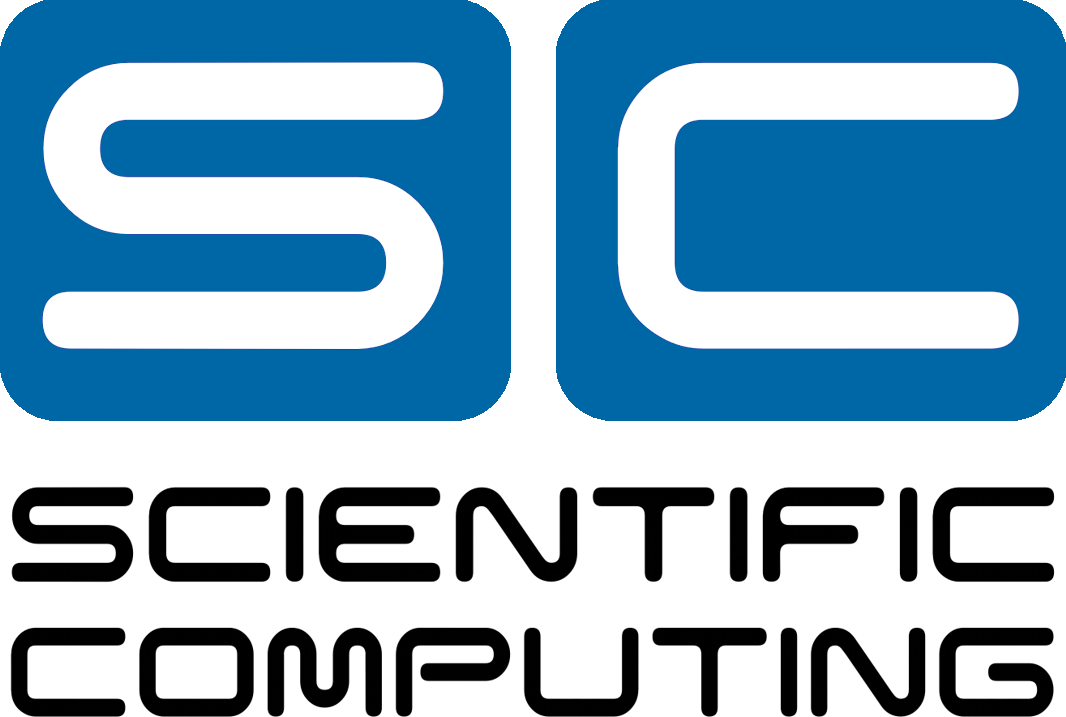Scientific Computing

Institute for Scientific Computing
Scientific Computing
The Institute for Scientific Computing works on various aspects of computational sciences, with a focus on high-performance computing, performance engineering, and algorithmic differentiation. Our research includes tools and methodologies to support domain scientists in developing correct and efficient applications.

The Institute
Scientific Computing was installed as part of the Department of Computer Science when Professor Dr. Bischof was called to the Technical University of Darmstadt. As part of this chair we offer teaching activities on parallel computers, parallel programming, and computer science foundations of simulation technology.
An overview of our research activities is available here. Furthermore, we are always interested in students looking for thesis topics and research assistants.
Office Location
The institute is located in city center building S1|03, Altes Hauptgebäude, Hochschulstraße 1, 64289 Darmstadt.
Research Members
News @SC
Currently no entries available.
